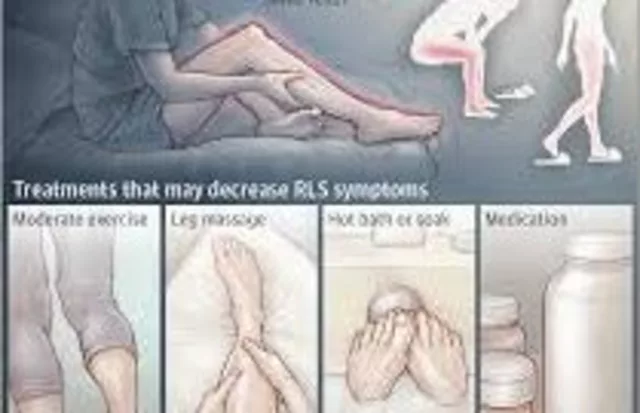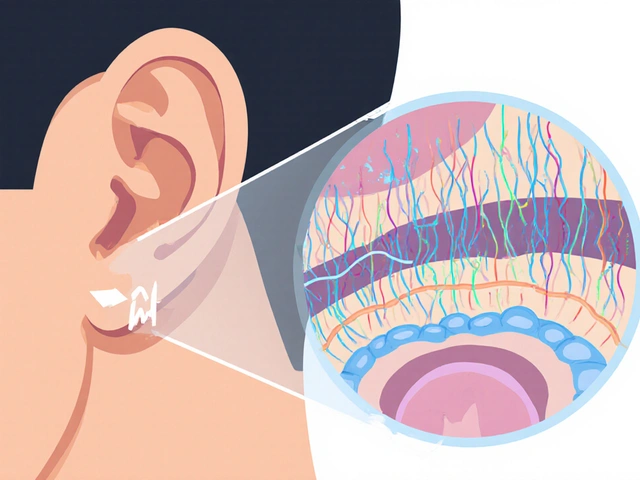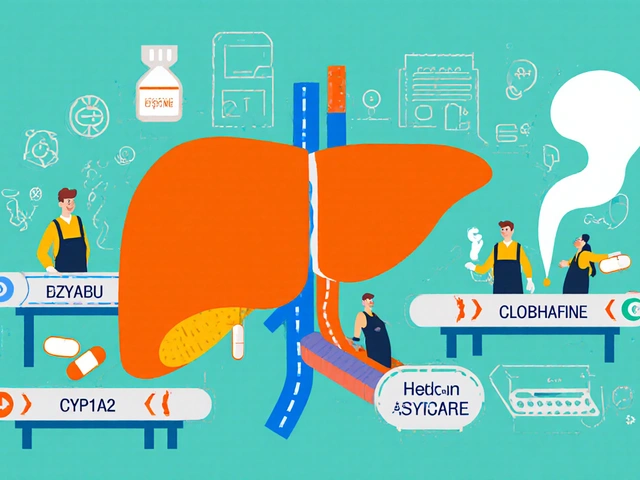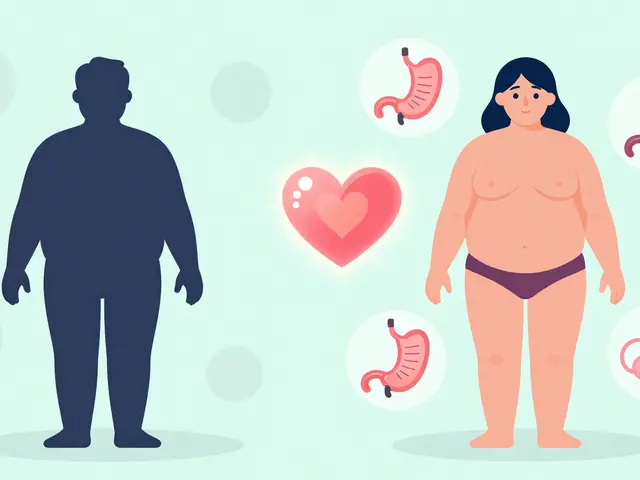Contraception: find the right birth control for you
Contraception isn't one-size-fits-all. Your life, health, and plans for kids all matter when you pick a method. Below you'll get clear, practical info on common options, how well they work, possible side effects, and quick tips to choose and access them safely.
How different methods stack up
IUDs and implants are the most effective reversible options — over 99% effective at preventing pregnancy. Sterilization is also about 99% but is permanent. Pills, the patch, and the ring work well with perfect use, but typical use drops effectiveness to roughly 91%. Condoms give protection for pregnancy and STIs, but typical use is about 85% effective for pregnancy prevention. Emergency options: hormonal pills (levonorgestrel) work best within 72 hours, ulipristal (ella) can work up to 120 hours, and a copper IUD inserted within 5 days is the most reliable emergency method.
Side effects vary by method. Hormonal options can cause spotting, nausea, breast tenderness, or mood shifts. IUDs may cause heavier periods or cramping at first (copper) or lighter periods (hormonal). Implants can change bleeding patterns. Condoms sometimes cause irritation or allergy. If side effects bother you, talk to a clinician — switching methods often helps.
How to pick a method and get it
Ask yourself five quick questions: Do you want kids soon? Do you need STI protection? Do you prefer low-maintenance (set and forget) or daily control? Any health issues like migraines with aura, blood clots, or smoking over 35? Are you comfortable taking hormones?
If you want long-term, low-maintenance protection, consider an IUD or implant. If you want to start or stop easily, the pill, ring, or patch may fit. If STIs are a concern, use condoms every time. If you need emergency coverage after unprotected sex, act fast and choose the right emergency method for your timing and body.
Some medications change how hormonal birth control works. Strong enzyme-inducing drugs like rifampin can lower hormone levels. Most common antibiotics don’t affect the pill, but discuss any new prescriptions with your provider. Also, levonorgestrel emergency pills may be less effective at higher body weights — ulipristal or a copper IUD are better in those cases.
Where to get contraception: local clinics, family planning centers, your primary care doctor, or telehealth services. Long-acting methods need a clinic visit for placement. Many pills, patches, rings, and some prescriptions can be ordered via trusted online pharmacies or delivered after a telehealth consult. Always use reputable services and keep records of prescriptions.
When to see a provider: severe pelvic pain, heavy bleeding, missed periods while pregnant is possible, signs of blood clots (sudden leg pain, chest pain, shortness of breath), or if you want to switch methods. Regular check-ins help spot side effects and make sure the method still fits your life.
If you want concise guides, Nurx Pharmaceuticals SU has easy articles on specific methods, safety tips, and how to buy or access contraception. Pick a method that matches your goals, and don’t be afraid to change it if it’s not working for you.

The Connection between Contraception and Sex Drive
After delving into the topic, it's clear that there's a noticeable link between contraception and sex drive. Some forms of contraception, particularly hormonal ones like birth control pills, can affect a woman's libido. It's not the same for everyone, though, as some may experience an increased sex drive, while others might see a decrease. It's essential to understand that each person's body reacts differently to hormonal changes. If you notice a significant change in your sexual desire, it might be worth discussing with your healthcare provider to find the best contraceptive method for you.
View More




